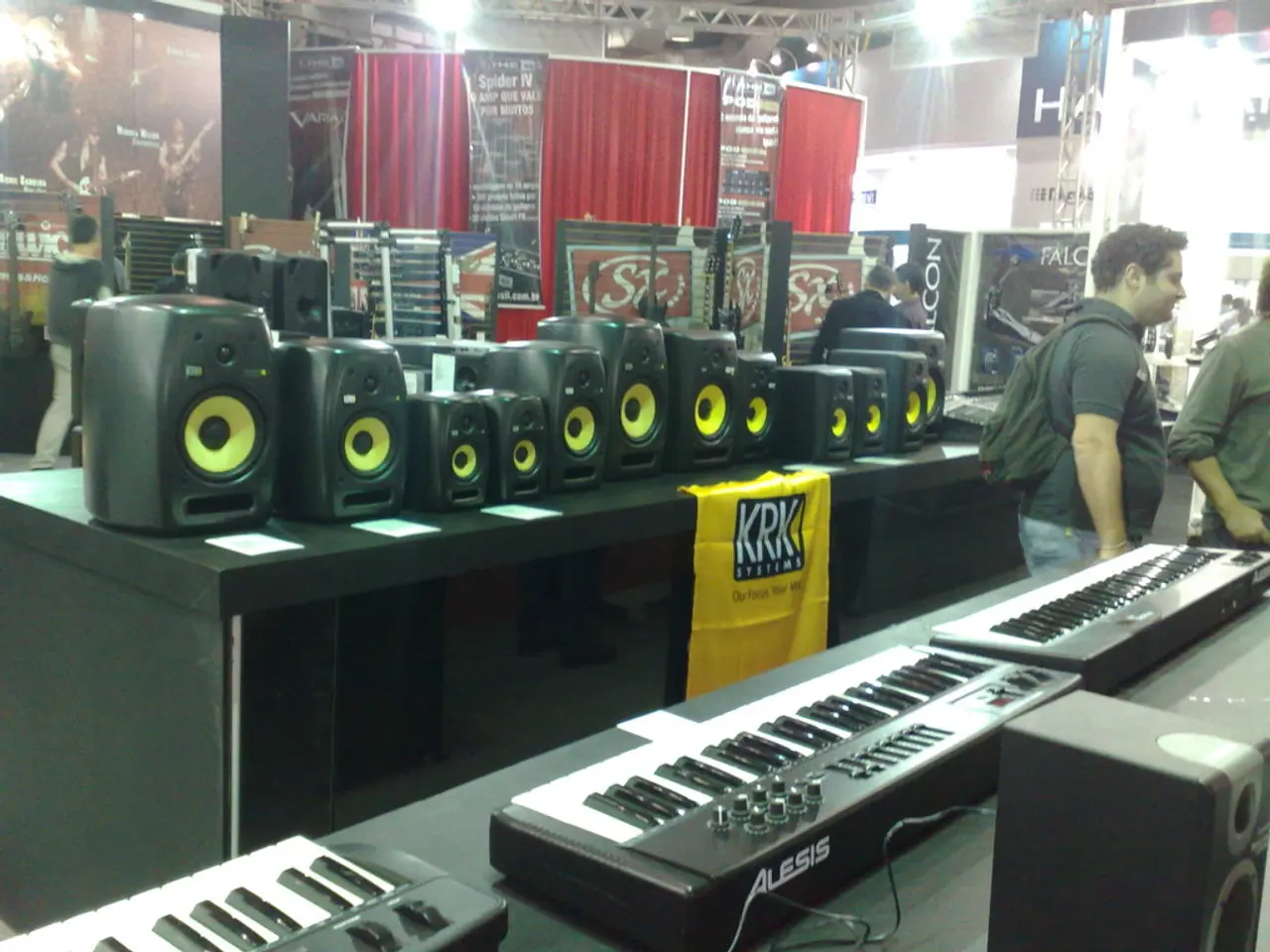Anti-Casino Coalition Expands as Entertainment Industry Group Aligns Against Times Square Gambling Hub Proposal
Times Square Casino Proposal Faces Strong Opposition
A proposed casino in Times Square, New York City, is facing significant opposition from a coalition of 35 organizations representing resident, labor, business, and civic groups. The No Times Square Casino Coalition, which includes the Entertainment Community Fund, Project FIND, and various local labor unions, among others, is voicing concerns about the potential negative impacts on the community.
The Entertainment Community Fund, a non-profit organization that supports actors, artists, and those working behind the scenes in the theater industry, argues that a casino in Times Square will make the neighborhood less safe for the Broadway and theater community. The organization's President and CEO, Joseph Benincasa, stated that they oppose the Times Square casino bid and believe it will create a less safe and secure neighborhood for those working in the theater industry.
Project FIND, a non-profit aiming to protect community interests, has also joined the coalition, citing concerns about the potential disruption to the neighborhood and the theater community. Various local labor unions, such as Local USA 829, Local 798, and Local 764, have also voiced opposition, with individuals like Carl Mulert, Angela Johnson, and Pat White leading the charge.
Advocacy and support groups for health and community, such as Broadway Cares/Equity Fights AIDS, have participated in rallies against the casino. The coalition strongly believes that establishing a casino in the heart of Times Square will harm the neighborhood's safety, disrupt the theater community's vitality, and negatively impact local residents and businesses.
While hotel and theater operators believe a gaming venue could drive more business to their properties, the opposition to the Times Square casino proposal is among the most significant for any of the eight bids for New York City-area casino licenses. The proposal to bring a casino hotel to 1515 Broadway is supported by Caesars Entertainment, SL Green, Roc Nation (owned by hip-hop mogul Jay-Z), and Rev. Al Sharpton, as well as Ryan Williams.
Current speculation suggests that Caesars Palace Times Square is among the top four bids for the three downstate casino permits, indicating the proposal has decent odds of making it to the finish line. However, the strong opposition from the No Times Square Casino Coalition and other community groups could potentially influence the decision of the Gaming Facilities Location Board (GFLB), which will make the final decision on the suitability of properties for a casino.
References:
- No Times Square Casino Coalition
- Entertainment Community Fund
- Project FIND
- Broadway Cares/Equity Fights AIDS
- The regional news about the proposed casino in Times Square is dominated by the strong opposition from the No Times Square Casino Coalition, comprising organizations like the Entertainment Community Fund, Project FIND, and Broadway Cares/Equity Fights AIDS.
- The mid-atlantic casino-and-gambling culture is contrasted with Times Square's entertainment-centric environment, as commercial gaming is considered a disruptive element to the neighborhood's vitality.
- The proposal for a casino in Times Square evokes images of a Las Vegas-style scene, but the coalition argues that it would harm the neighborhood's safety and negatively impact local residents and businesses.
- The casino games at a hypothetical Times Square casino may be enticing, but for the No Times Square Casino Coalition, the potential negative impacts on the community far outweigh any potential entertainment benefits.




